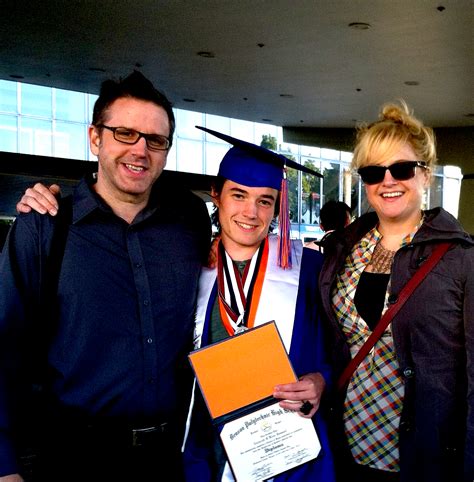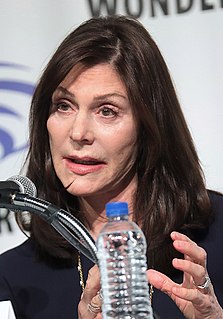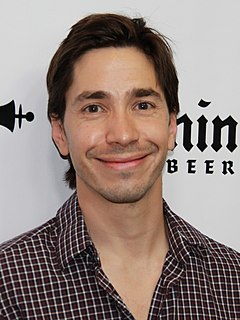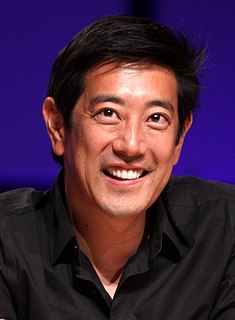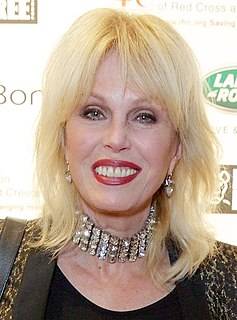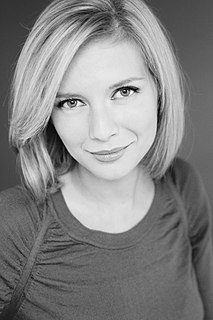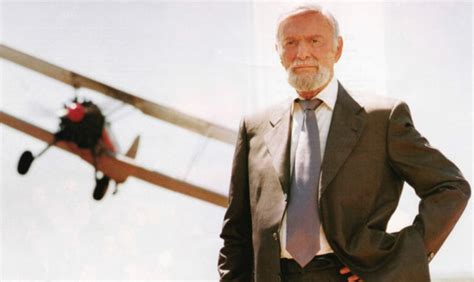A Quote by David Benioff
The eternal challenge for screenwriter adapters is figuring out how to make something work on screen, when so much of what made it work in the book were the thoughts of the character, and obviously wanting to avoid voiceover.
Related Quotes
I feel very lucky that when I'm burnt out of acting, I take to the pen, and I write something I want to direct. And then, when I'm tired of taking on too much responsibility as a director, I then look for an acting gig. And I've made it very clear that I'm interested in voiceover work. I mean, I'm always looking for voiceover gigs. I love that.
So much of my writing process is trying to eliminate any kind of shame or fear of the thoughts that I'm having. Where I would usually backspace, I stop and say, "You know what? This is important, that I say how I feel and don't sugarcoat it, and don't avoid it." In my experience when I do try to avoid something, it makes its way into the work anyway. To be in front of it and just make friends with it is easier for me.
I hope, my career is never predictable. And my interests are diverse in that way. I feel very lucky that when I'm burnt out of acting I take to the pen and I write something I want to direct. And then when I'm tired of taking on too much responsibility as a director I then look for an acting gig. And I've made it very clear that I'm interested in voiceover work. I mean, I'm always looking for voiceover gigs. I love that.
Eventually, when I got the 'Meadowland' script, I saw something in it that made me think I could make something special out of it, something that could work with my style. Emotionally, I connected to it. I thought, 'If I feel this way just imagining it, maybe we can make that happen on screen and make people feel something when they watch it.'
I think working for the audience, for me, is the most fun. It's really a chance for something to work towards. It's where everything kind of comes together, and you have to make it work. You have all these people who are sitting there, wanting to have a good time and wanting to laugh. You really have no choice but to pull it out.
Pictures are written, acted, directed, photographed, edited, scored and all that. The screenwriter determines what scenes are in and what scenes are out; decides whether that bit of information is dramatized or just referred to; whether it takes place on or off screen. There are millions of decisions made by the screenwriter.

